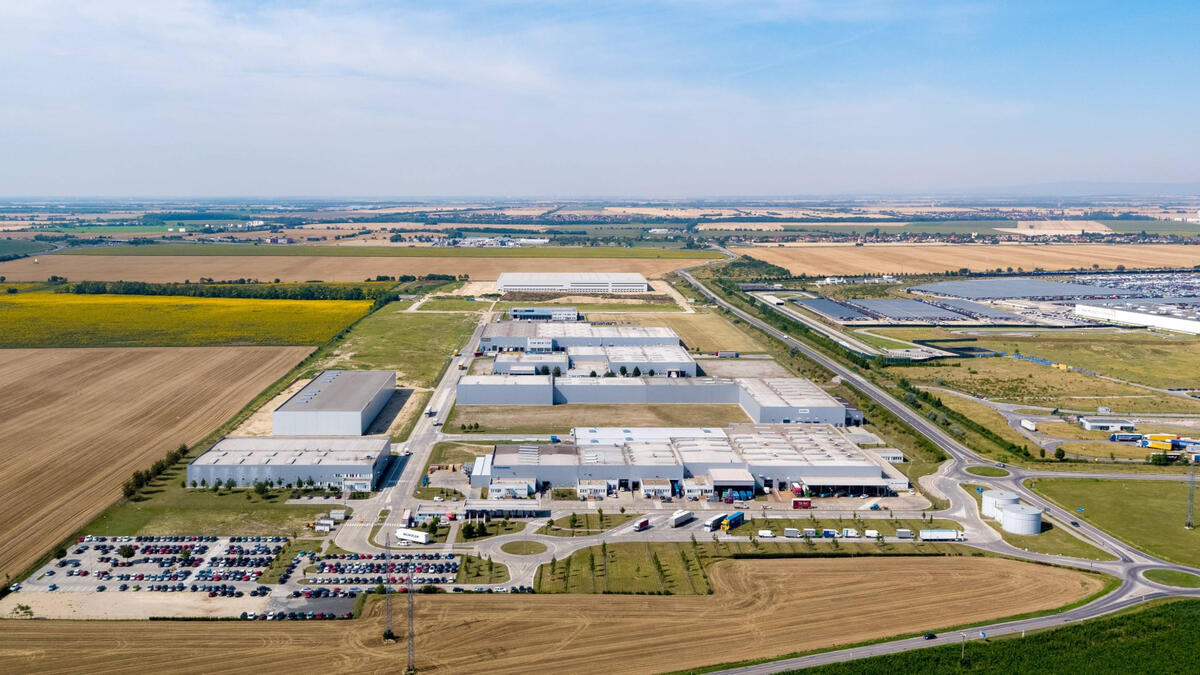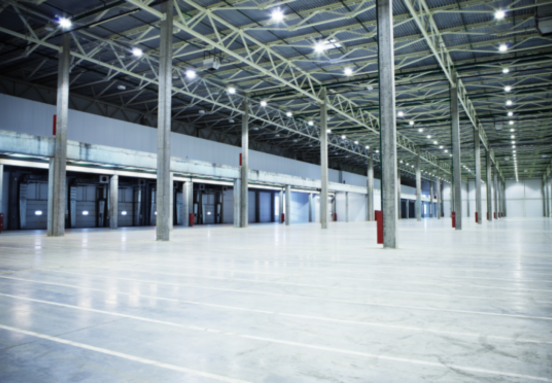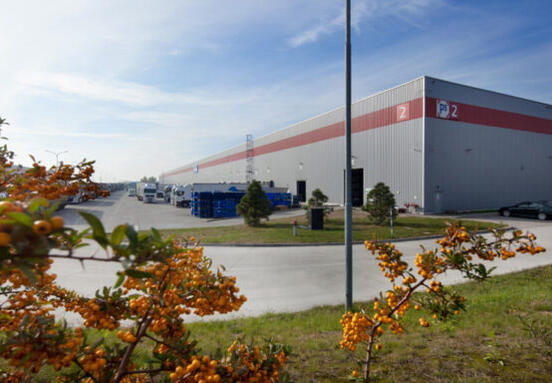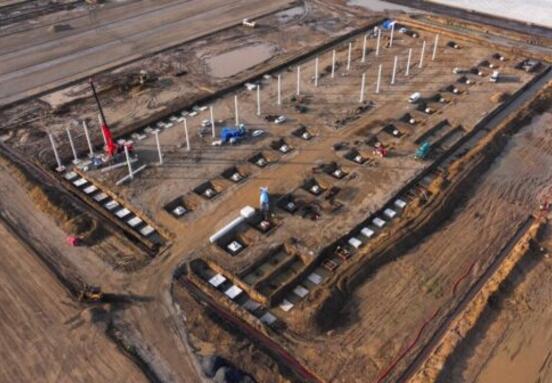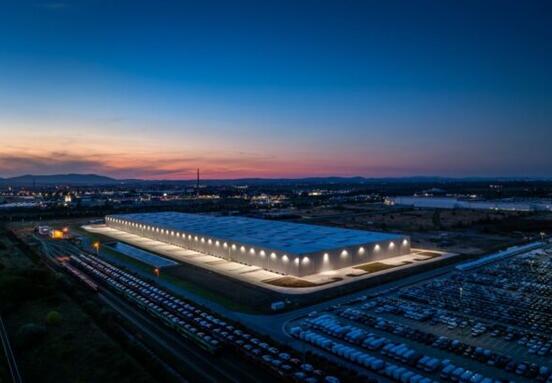While during the coronavirus pandemic there was a noticeable increased interest on the part of e-commerce companies in warehouse space, now their interest is decreasing somewhat. However, as Michal Přib, business development manager of GLP, notes, there are exceptions in this industry as well. He personally notices a growing interest, mainly from industrial companies and product distributors.
INTEREST OF UKRAINIAN COMPANIES
Developers agree that the war in Ukraine has a significant impact on the price of rents, energy prices and construction work. According to Přib, the interest of Ukrainian companies in relocating production facilities to Slovakia or Eastern Moravia is interesting. They are trying to reduce the risks associated with a war conflict. And to what extent has his company coped with higher costs due to inflation, higher prices of electricity, gas or fuel?
"As far as the inflation of the price of materials is concerned, we managed to deal with the situation well, our projects are not threatened by it. However, construction is becoming more expensive and, in addition, the delivery dates of some projects are being extended. However, our clients understand the situation and cooperation with them continues," explains Jan Palek, director of GLP for the Czech Republic and Slovakia, adding that when it comes to increasing energy prices, their long-term strategy focused on the construction of energy-saving campuses is paying off. . They equip the buildings with heat pumps and apply high-quality thermal insulation. Using technologies for efficient building management, they allow clients to gain maximum control over energy consumption and operation in general.
SOLAR PANELS HELP
The development company GLP also installs photovoltaic panels in an effort to produce the maximum amount of energy for operation from its own resources. "In the future, the use of other sources, for example from wind power plants, is also a consideration. However, of course, everything depends on a reasonable return on such investments," states Palek, whose company GLP fortunately did not have to introduce any dramatic measures. "We just have to reflect inflation and energy prices into the prices charged to customers," says Palek.
According to him, investments in automation and modernization are important in that they stabilize energy costs in the long term and enable clients to manage their finances better. A well-insulated building with heat pumps has significantly lower energy consumption, which makes it possible to better cope with possible fluctuations.
"In addition, at current energy prices, such investments are quickly repaid and therefore make sense. In the case of photovoltaics, it is also possible to significantly reduce the costs of operating buildings."
LOW VACANCY
Despite the crisis, the vacancy rate of logistics projects is at a record low not only in Slovakia, but everywhere in Europe. In the most desirable locations, i.e. in transport hubs around large cities, there is precisely a lack of space. As Přib notes, they still see many opportunities for new logistics and business projects in Slovakia, especially in the regions west of Bratislava.
"Our development projects are important not only for supplying the whole of Slovakia, but also for neighboring countries: the Czech Republic, Austria and Hungary. In terms of the importance of the projects, their geographical location and connection to the transport infrastructure play a big role. Our logistics parks allow serving several countries at the same time. GLP projects are also important for the Slovak industry, especially for the automotive industry. One of our customers is a leading tire distributor, which supplies various Slovak end customers through our logistics parks," adds Přib.
ENERGY SELF-SUFFERENCE
Increasing the energy efficiency of building operations is also a priority for Prologis. It is dedicated to increasing the overall sustainability and resilience of the real estate portfolio. "For broader context, it's important to mention that this year, as part of our Net Zero 2040 programme, we set ourselves a science-based goal of achieving net zero emissions across our entire value chain – meaning that the elimination of carbon emissions will not only apply to our development activities, but also the activities and operations of customers,"
points out Martin Baláž, vice president and country manager of Prologis in the Czech Republic and Slovakia.
Alternative energy sources help to a large extent in achieving the aforementioned goal, of which Prologis makes the most active use of solar systems and options for purchasing electricity with sustainability certificates. "As part of the Prologis SolarSmart program,
which is part of our Prologis Essentials service offering, we build, operate and maintain rooftop solar systems. In 2021, approximately 60 customers around the world received energy from them. Our solar capacity so far reaches a volume of 325 MW, but by 2025 we want to multiply it considerably and reach the level of 1 GW," explains Baláž.
